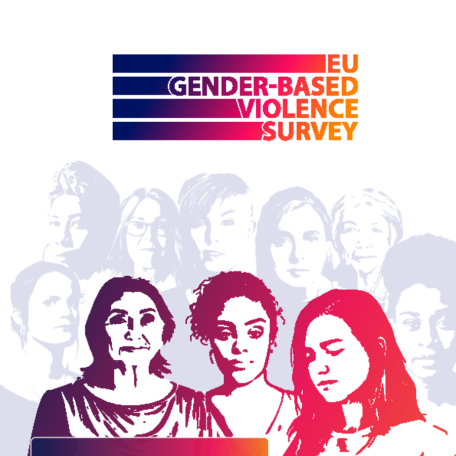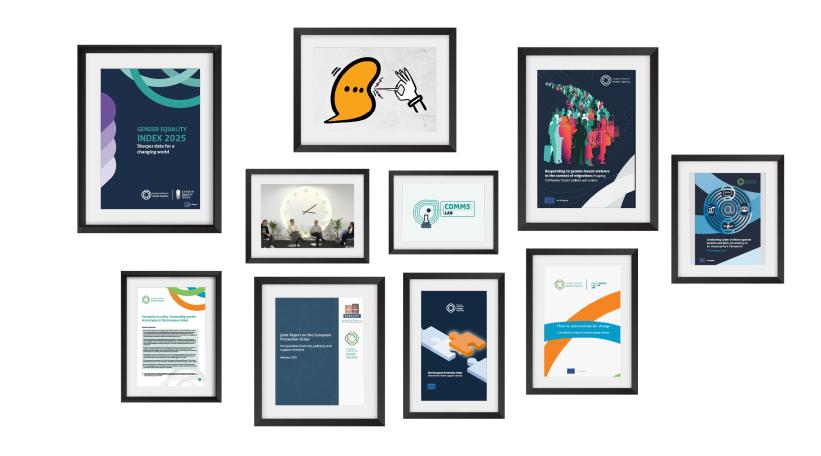Mapping the current status and potential of administrative sources of data on gender-based violence in the EU and Croatia”
EIGE has recently launched a study on “Mapping the current status and potential of administrative sources of data on gender-based violence in the EU and Croatia”. The final results of the study will be available in August 2013.
Why do we need a study on administrative data collection on gender-based violence?
The crucial role of data collection in the fight against gender-based violence has been increasingly recognised by governments, international and regional organisations, civil society, researchers and experts on this issue.
While countless women in the European Union continue to be affected by gender-based violence (GBV), differences in the definitions and data collection methodologies across the Member States make it difficult to obtain a comprehensive and clear picture of the nature, extent and consequences of gender-based violence in the EU. For instance, only nine out of 28 Member States’ crime statistics provide specific data on intimate partner violence, based on the relationship between victim and perpetrator.
EIGE’s Study will increase the knowledge base about gender-based violence and the sources of administrative data on gender-based violence across the European Union and Croatia.
Who might find the study results useful?
The study assesses the availability, quality and comparability of administrative sources of data on GBV. It seeks to support policy makers across Europe in the fight against GBV by providing guidelines and suggesting methodological tools/indicators to improve and harmonise administrative data collection across the EU.
How the research is being conducted?
The study, which covers the 27 EU Member States as well as Croatia, is being carried out by Matrix, an European public policy consultancy, in conjunction with external experts and a team of 28 national researchers responsible for desk research and field research in each country.
Acknowledging a wide variety of forms of gender-based violence but also recognising the limitations inherent to any piece of research, the study concentrates on eight specific forms of gender-based violence:
- intimate partner violence
- sexual assault,
- rape,
- sexual harassment,
- stalking,
- female genital mutilation,
- forced marriage,
- and honour-based crimes.
In order to better understand the challenges concerning administrative data collection on GBV the study started off reviewing existing publications from international, EU as well as national sources.
So as to gain inside information and a more practical perspective on this issue, which might not be possible through the review of national and regional literature, the study foresees in-depth interviews with more than 150 stakeholders across the European Union, who are involved in or knowledgeable of administrative data collection with regards to gender-based violence. This includes representatives from health services, law enforcement agencies, court systems and social support services. The interview programme will be launched in February 2013.
Following the initial analysis of the results, a focus group will be organised in late spring in order to reflect on existing issues and to discuss the feasibility of administrative data collection at EU level. The aim is to identify possible steps to overcome existing challenges in administrative data collection, which would allow EIGE and policy makers across the EU to obtain up-to-date and comparable data on different types of violence against women in the EU.




